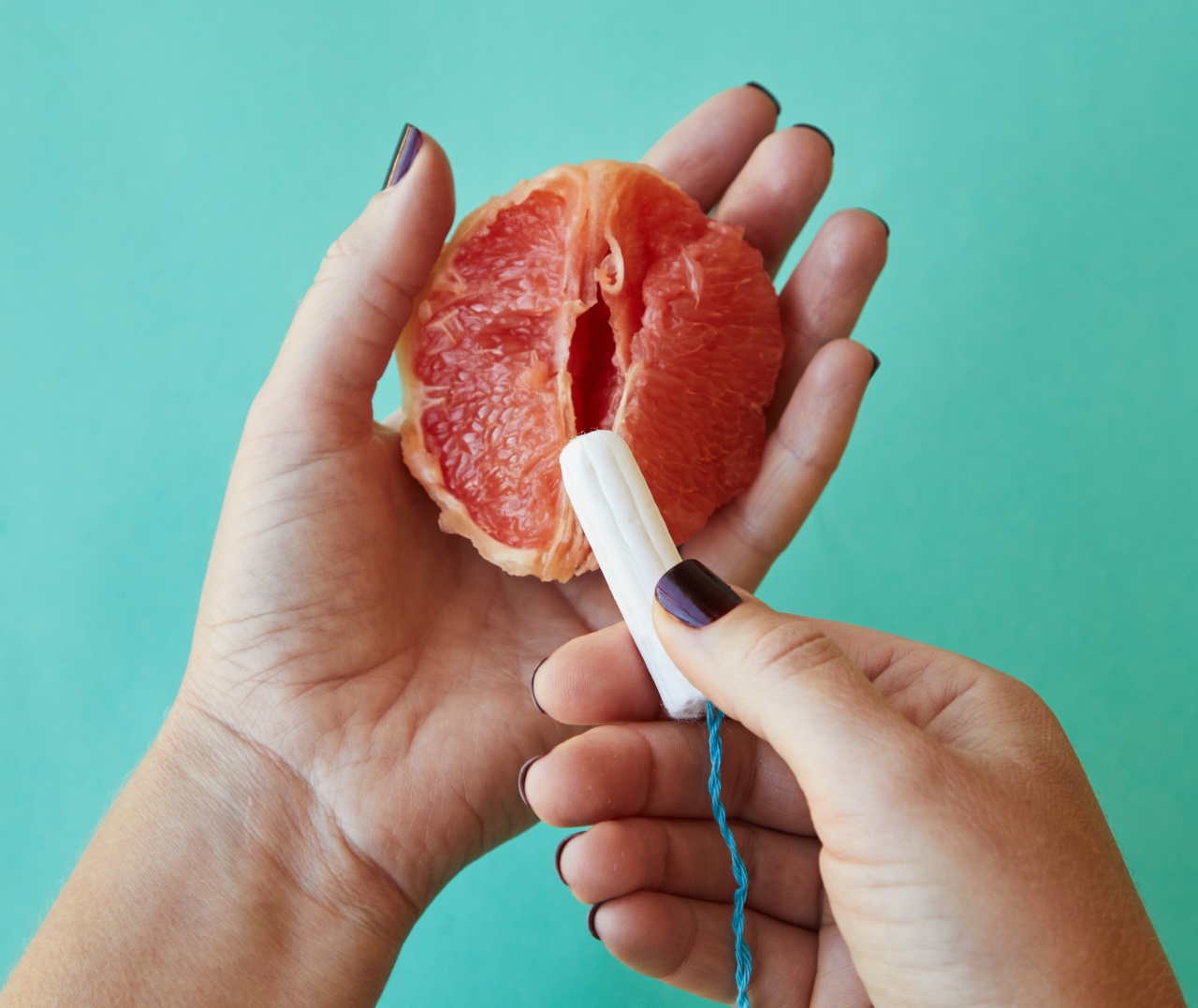Sleep is an essential function for maintaining our overall health and quality of life. It is during sleep that our bodies repair, regenerate and consolidate memories.
However, with the ever-increasing demands of modern life, many individuals have reported difficulty falling and staying asleep. There are various factors that contribute to this phenomenon, and in this article, we will discuss the top five factors that disrupt our natural sleep cycle.
Stress
Stress is one of the most common factors that disrupt our natural sleep cycle. When we experience stress, our bodies release the hormone cortisol, which prepares us for the fight or flight response.
This response can trigger a constant state of alertness that makes it difficult to fall and stay asleep. Additionally, stress can cause our minds to race, making it challenging to calm down and relax before bed.
Blue Light Exposure
The human body has an internal clock that regulates our sleep-wake cycle, known as the circadian rhythm. This rhythm is influenced by external cues such as light and darkness.
However, with the increased usage of electronic devices such as laptops, smartphones, and TV at nighttime, our bodies may be exposed to blue light, which suppresses the production of melatonin, the hormone that regulates our sleep cycle. This disruption in our circadian rhythm can lead to difficulty falling and staying asleep.
Irregular Sleep Schedule
Irregular sleep schedules, such as shift work or jet lag, can disrupt our body’s natural sleep cycle. Our bodies have an internal clock that is set by our sleeping and waking patterns.
When these patterns are disrupted, it can lead to difficulty falling asleep and can impact the quality of our sleep. Additionally, irregular sleep schedules can lead to a constant state of fatigue, which can have a negative impact on our overall health and wellbeing.
Poor Sleep Environment
The environment in which we sleep can have a significant impact on the quality of our sleep. Noise, lighting, and temperature can all affect our ability to fall asleep and stay asleep.
Additionally, uncomfortable bedding and inadequate support can lead to physical discomfort, making it difficult to relax and get a good night’s sleep.
Poor Sleep Habits
Poor sleep habits can include behaviors such as consuming caffeine or alcohol late in the day, engaging in stimulating activities before bed and eating heavy meals close to bedtime.
All of these habits can disrupt our body’s natural sleep cycle and make it difficult to fall and stay asleep.


























